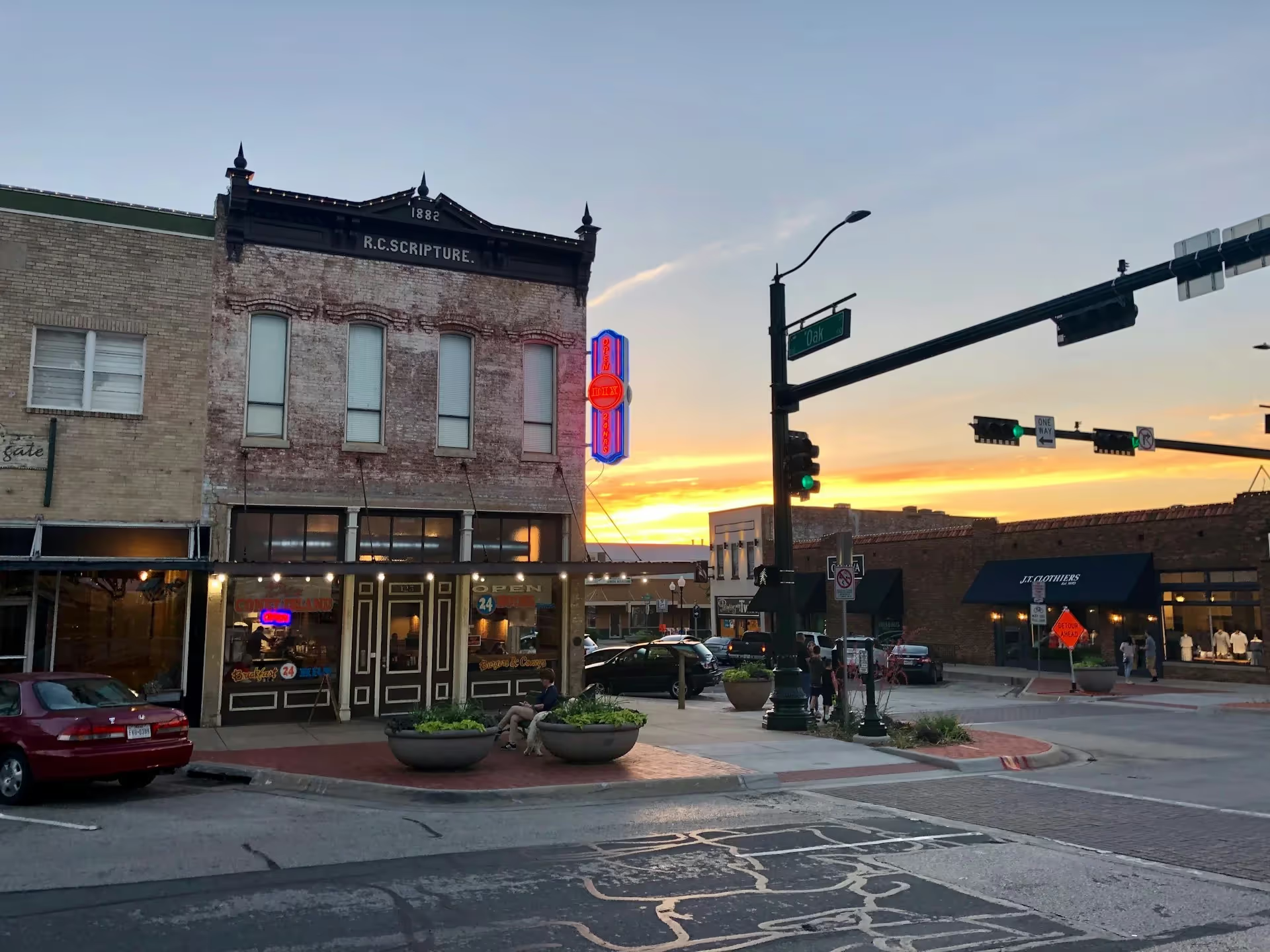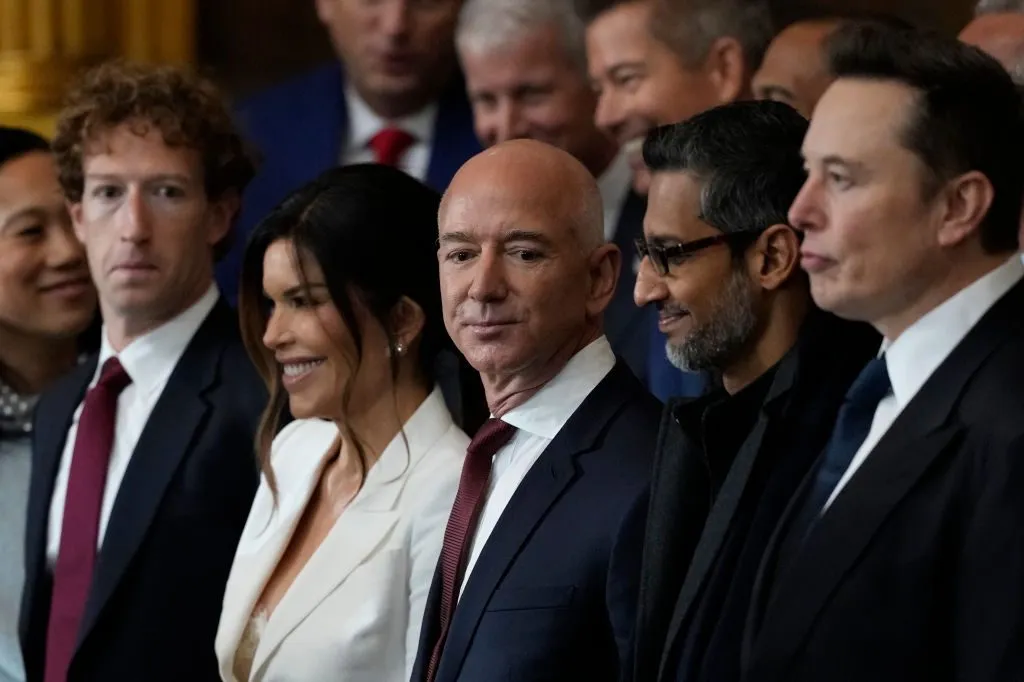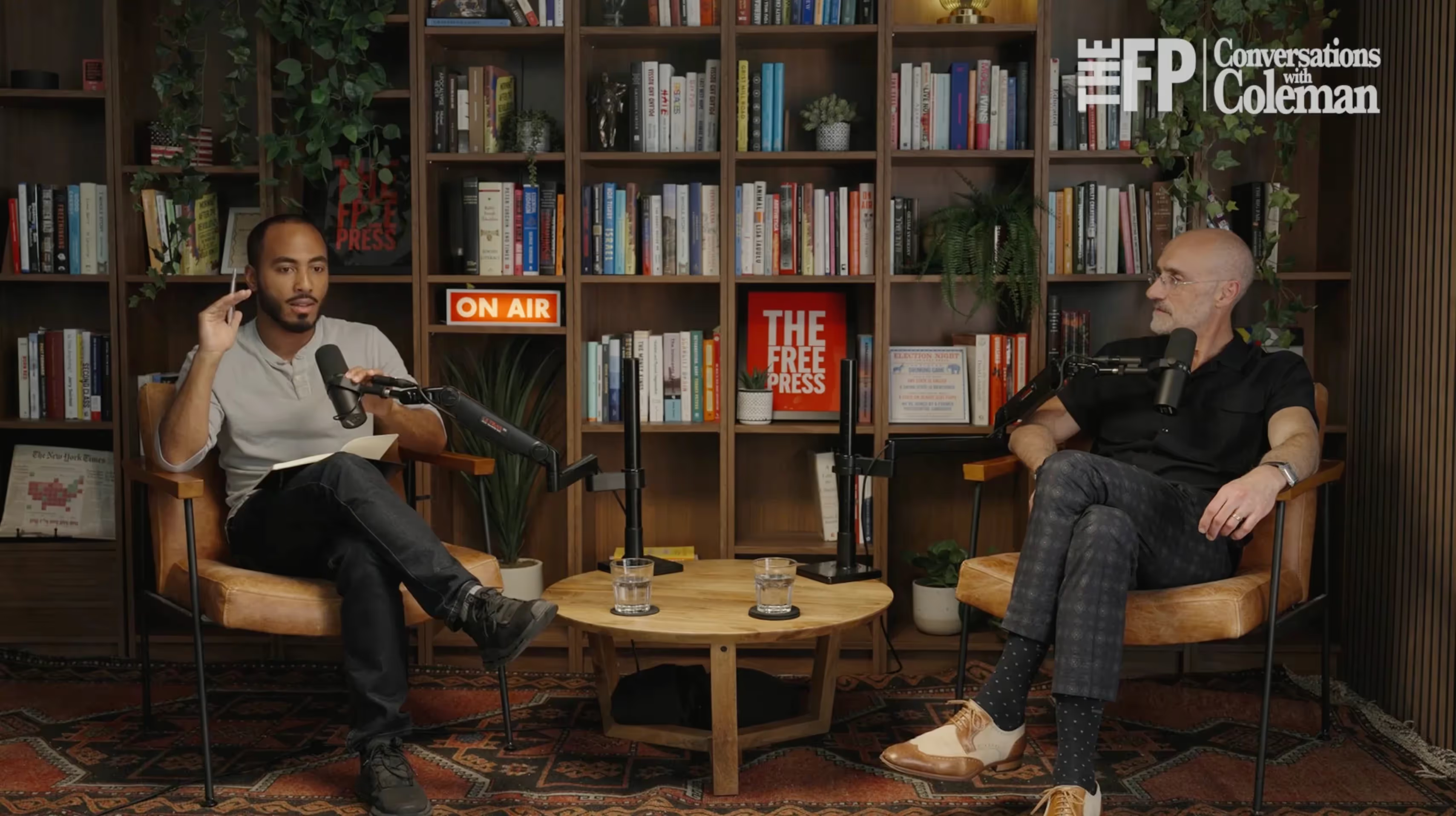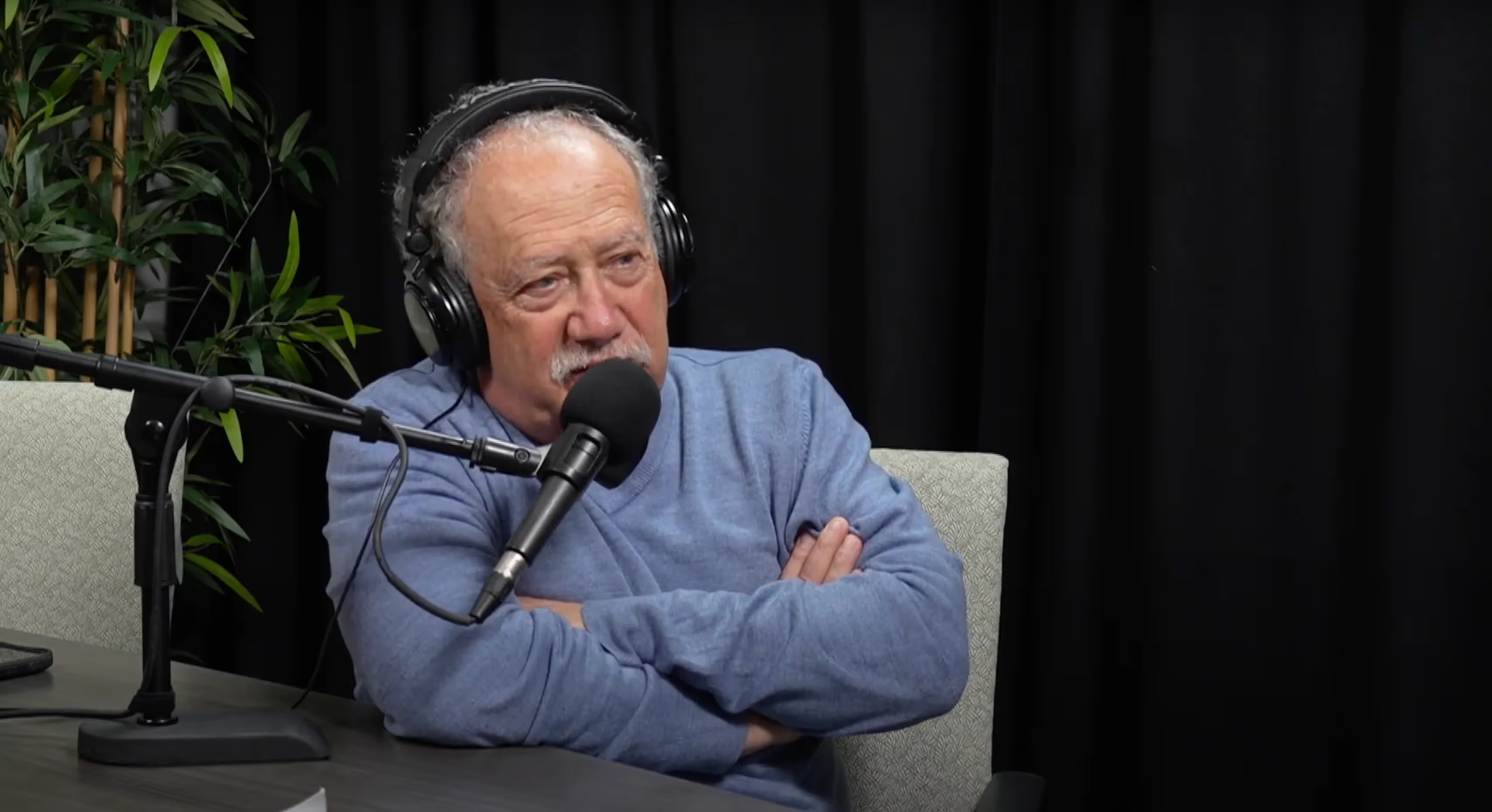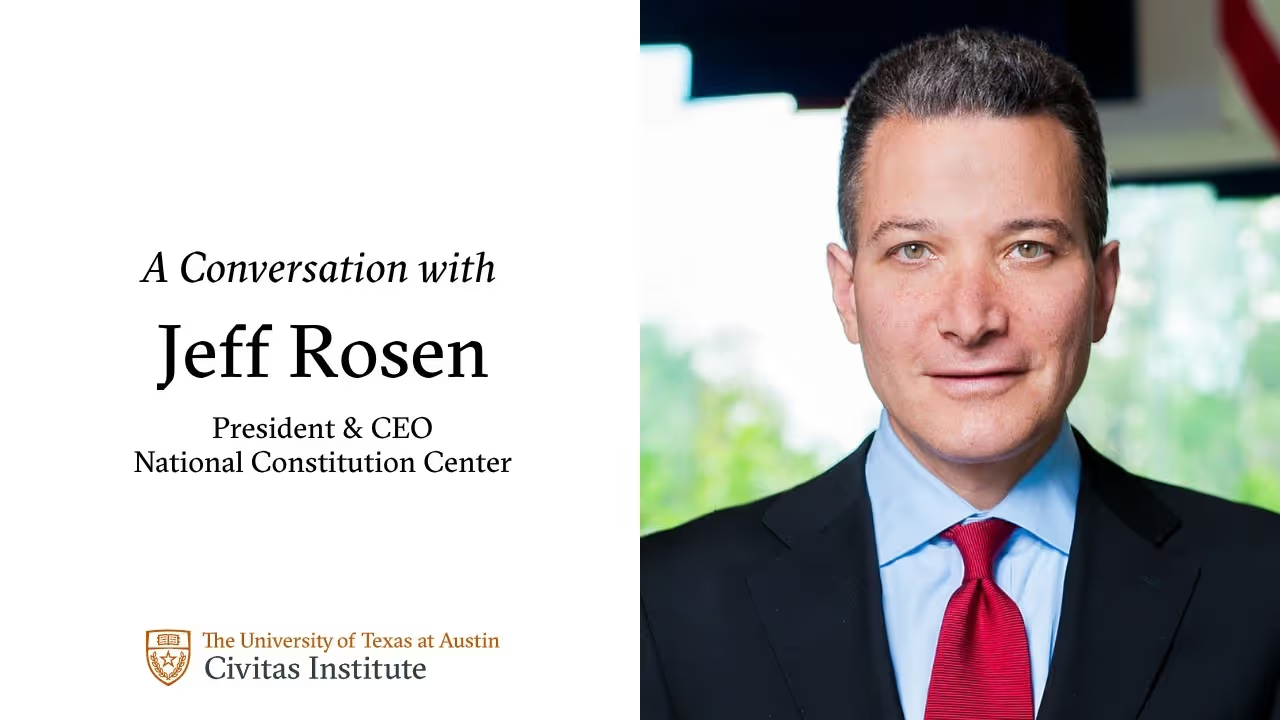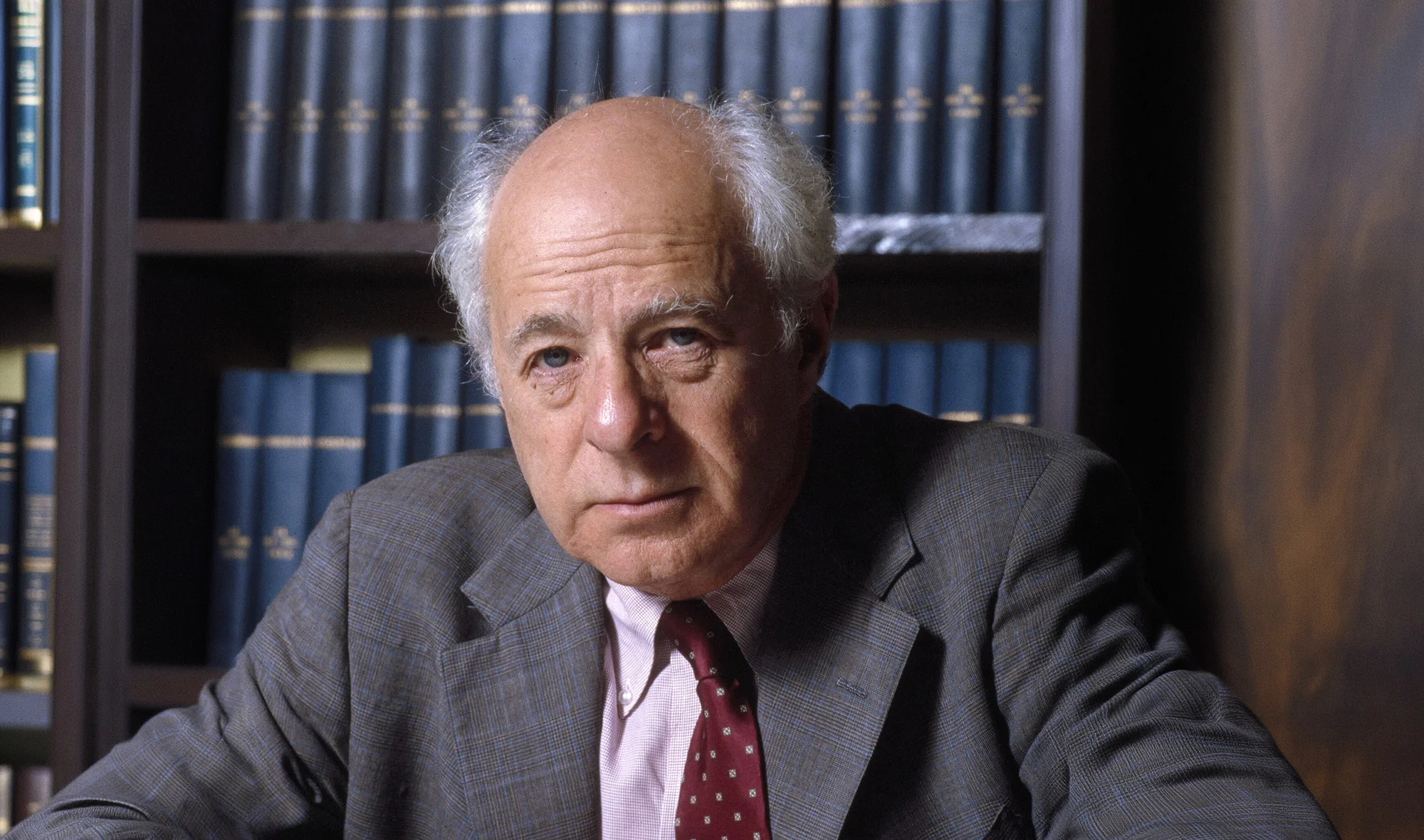
Racing Earnhardt
A new Amazon documentary asks us to look at Dale Earnhardt as a flawed human being who pushed the limits and achieved greatness.
It is a hot day at the race track. The vendors are busy selling drinks to quench the spectators' thirst. The event they came to see is a NASCAR race. In the midst of both the people who were making their way to their seats and those already seated, a young woman begins to sing America’s national anthem. Everyone pauses. The ground stands still. Moments later, a voice over the loudspeaker can be heard: “Gentlemen, staaaaart yooouuur engeeeeens!”
It’s a great moment for both the drivers and the spectators. To say that a lot of adrenaline and testosterone are flowing would be an understatement. But there is more to it than mere physical presence, namely, a tradition and legacy of one of the great American sporting events — stock car racing.
Many drivers have contributed to NASCAR's history and importance, and one of them was Dale Earnhardt (1951-2001), the subject of a four-part documentary, Earnhardt, now streaming on Amazon Prime Video. Produced by Ron Howard and Brian Grazer, the documentary follows the life of Dale Earnhardt and what made him one of the most intense, superb, and complicated drivers in NASCAR history. Given that one of the documentary's producers is Ron Howard, it wasn’t surprising to see the care and excellent production quality that went into telling this great American story. Partly, Howard acts as a cinematic chronicler of American history in many of his films, and with Earnhardt, that tradition is continued with Joshua Altman, who directed it.
NASCAR’s origins go back to the days of Prohibition, bootlegging, and moonshine runners. During that time, and especially in the Appalachian region, bootleggers were transporting whiskey, and to evade the law, they drove small cars with modifications. The point was, of course, to outrun the police.
After Prohibition ended, there was still a thirst for racing. This time it wasn’t to evade the law but to race for the love of it. Mechanic Bill France, Sr., thought that it would be a great idea for drivers to race stock cars — cars that were unchanged, but rather exactly as they came off the production line. (This is not true anymore. The cars are heavily modified.) Thus, the first NASCAR race event was born in 1948, in Daytona Beach, Florida.
Altman’s documentary does not delve deeply into NASCAR's history and origins; however, its rebellious spirit is part of NASCAR’s essence. The documentary covers some of Earnhardt’s childhood, his rise as a race car driver, and his tragic death on the racetrack. The documentary reveals that Earnhardt was a complex man—at once a hero to the American public (especially NASCAR fans) and a difficult, if not cruel, driver on the track. Known as The Intimidator (among other dark nicknames), Earnhardt had no qualms playing dirty. Whether it meant having physical contact with other drivers or pushing them off track (many times causing awful crashes for them and himself), the only thing that was on Earnhardt’s mind was winning. In fact, over his racing career, he won a total of 76 Winston Cup races.
He lived and breathed racing. In fact, it was in his blood. Born and raised in Kannapolis, North Carolina, the son of a race car driver, Earnhardt was bound to race as well. His father, Ralph Earnhardt, started racing in 1949, and by 1953, he turned it into a profession. Throughout his career, he had over 350 NASCAR victories, but his life was cut short when, in 1973, he had a fatal heart attack at age 45.
Understandably, Dale was shaken up by this, and in some ways, the ever-present ghost of his father was always with him. He spent his life seeking approval and love from Ralph, but never received them. Perhaps, in some way, he was chasing his father’s ghost every time he entered the racetrack, seeking to be recognized by him.
In Kannapolis, racing was a way of life. It was part of the entire culture and collective consciousness of the people in North Carolina and the South in general. Dale’s racing career began in 1975 when, even as a rookie, he started gaining attention not only for his speed but also for his agility and mercilessness on the racetrack. He developed a reputation for being difficult, even in personal life.
In footage of an interview, a reporter asks Dale, “Why would you want to do something that can turn around and bite you…that could kill you?” Dale smiles mischievously and says, “I had never wanted to do anything else.” Indeed, he was obsessed. When racing and facing 90 laps or more, most drivers would alternate between racing and driving. They would pace themselves, but this was not Earnhardt’s way. According to Darrell Waltrip, another legendary race car driver, “Dale raced all the time…[Dale] didn’t care…he was hard on the car…and would wear it out…drove the hell out of it, every race, every lap.”
Yet this wasn’t synonymous with recklessness. Earnhardt was in control not only of the car but of his life. This is something that Altman documents quite well in the film. Earnhardt’s obsession also meant he would not be fully invested in spending time with his family, which, in and of itself, was full of complications.
He was married three times. First, in 1968, at age 17, he had a son, Kerry. He divorced his first wife in 1970 and lost contact with his son, although he would later reconnect. Earnhardt married his second wife in 1971, and had two children, Kelley and Dale, Jr., the latter becoming a superb race car driver himself. This marriage also ended in divorce, and Dale married his third wife, Teresa, in 1982, with whom he had a daughter, Taylor.
Two of the major interviewees in Earnhardt are Kelley and Dale, Jr. This is as much their story as it is Dale’s, and this is primarily in the case of Dale, Jr. We see a picture of a young boy—Dale, Jr.—emerging, a boy who is seeking his father’s attention. Dale is either busy with racing every weekend or with his new family. He is somewhat present in Dale, Jr.’s life, but not to the extent that it would make a positive impact.
Dale, Jr. is the opposite of his father. He’s not brash and aggressive. He’s easy-going, shy, and unsure of himself. He knows that all he wants to do is race, but his father seems uninterested. Dale, Jr. even takes a drafting course and draws race cars. His father and his new wife suggest that Dale, Jr. should be an artist and attend art school. This is a ludicrous proposition, yet Dale, Jr., does not know how to express his love of racing to Dale.
Much like Dale’s father, Ralph, Dale too ends up disregarding his children in a way that does not affirm their uniqueness. He’s stubborn and too self-involved to see what his son might need. Dale, Jr. becomes an excellent race car driver, but not without difficulties. Every time he gets behind the wheel, he wants to impress his father. He grapples with his own emotions, perceived inadequacies, and love of racing. What kind of driver and a man does he want to be?
After Dale Earnhardt’s devastating and fatal crash in 2001, something changed in Dale, Jr. His father’s death naturally crushes him, but he tells Altman that in one moment, walking along the racetrack where his father died, he finally felt free. It is in this moment that the legendary Dale, Jr. is truly born.
Throughout all the interviews, Dale, Jr. exhibits immense maturity and authentic honesty with himself, his actions, and his father’s actions. He is appropriately charitable and shows respect, yet he doesn’t mince words either. The truth is, his father was a complicated man, but also a man destined for greatness. This is the paradox that we see in Dale Earnhardt.
The story of the Earnhardt family is the story of America, and their story speaks to the diversity and uniqueness that binds all Americans together. Dale didn’t just win races; he was an excellent businessman as well. He created his brand and maintained complete financial control over it. He did it his way, even if he sometimes felt inadequate for having only an eighth-grade education. But that is precisely what makes Dale Earnhardt fascinating and unique. Such a story, and such a life, could only be possible in America. This was indeed the pursuit of happiness, Kannapolis, North Carolina-style.
Altman (as well as Ron Howard and Brian Grazer, producers) has done an excellent job of presenting Dale Earnhardt as a bona fide American hero. But he doesn’t engage in hagiography, or, even worse, in a smear that encourages division among Americans. Altman asks us to look at Dale Earnhardt as a flawed human being who pushed the limits and achieved greatness. This is what American greatness looks like, and in our strange, chaotic, anger-filled world, Altman’s documentary is like an oasis. It elevates Dale Earnhardt’s story into the realm of great American history, as well as meaningful mythology and symbolism that every American needs to hear.
Emina Melonic writes about culture, film, and books. Her work has been published in American Greatness, Claremont Review of Books, Los Angeles Review of Books, Modern Age, and The New Criterion, among others. She’s currently working on a biography of Edward G. Robinson and a book on Ronald Reagan’s Hollywood years.
Pursuit of Happiness
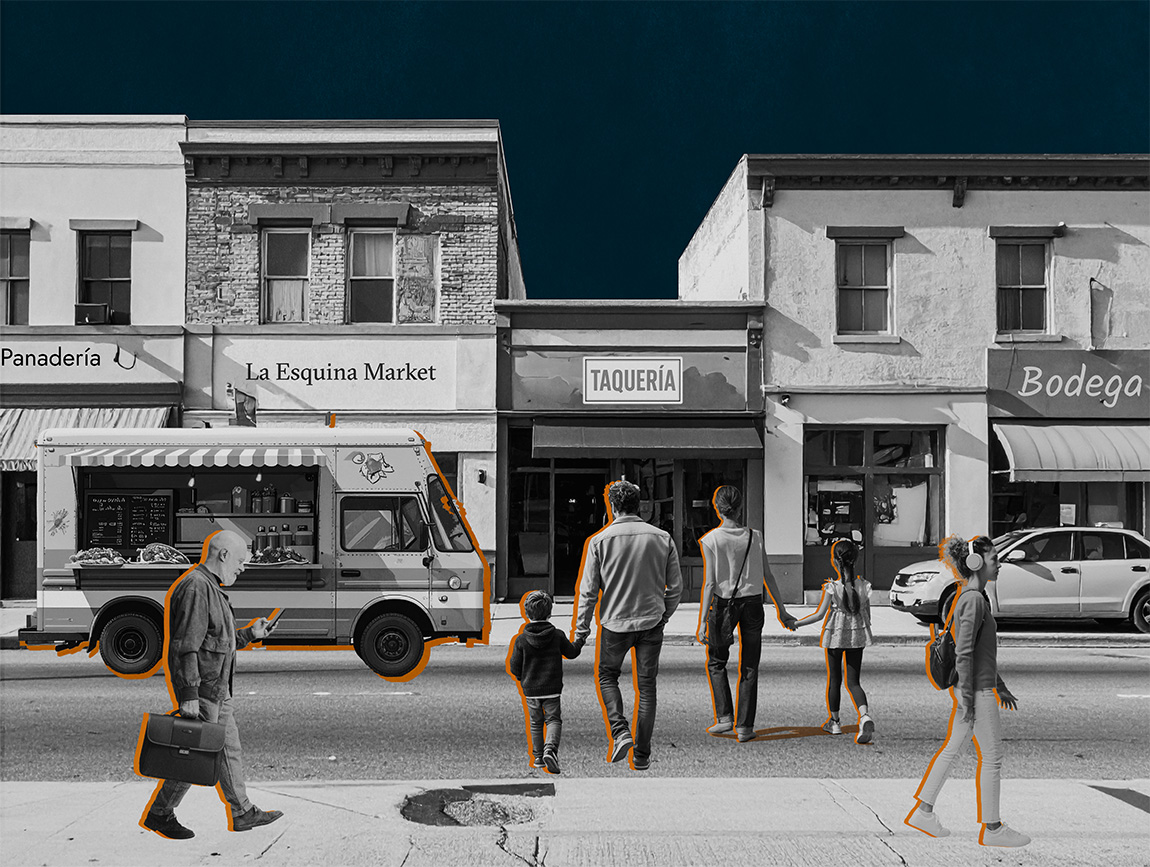
The Rise of Latino America
In The Rise of Latino America, Hernandez & Kotkin argue that Latinos, who are projected to become America’s largest ethnic group, are a dynamic force shaping the nation’s demographic, economic, and cultural future. Far from being a marginalized group defined by oppression, Latinos are integral to America’s story. They drive economic growth, cultural evolution, and workforce vitality. Challenges, however, including poverty, educational disparities, and restrictive policies, threaten their upward mobility. Policymakers who wish to harness Latino potential to ensure national prosperity and resilience should adopt policies that prioritize affordability, safety, and economic opportunity over ideological constraints.

Richard Epstein on Roman Law and Sociobiology
How and why Roman law worked, how it eventually fell apart, and sociobiology as a way to explain the foundations and limits of legal norms.

The Original Sin of U.S. Health Care
As long as most Americans receive health insurance as an invisible, employer-managed fringe benefit, health care will remain expensive, opaque, and unresponsive.
.jpg)
The False Equivalence of Multicultural Day
Parents have an affirmative obligation to reinforce patriotic values and counter the narratives that are taught in school.


